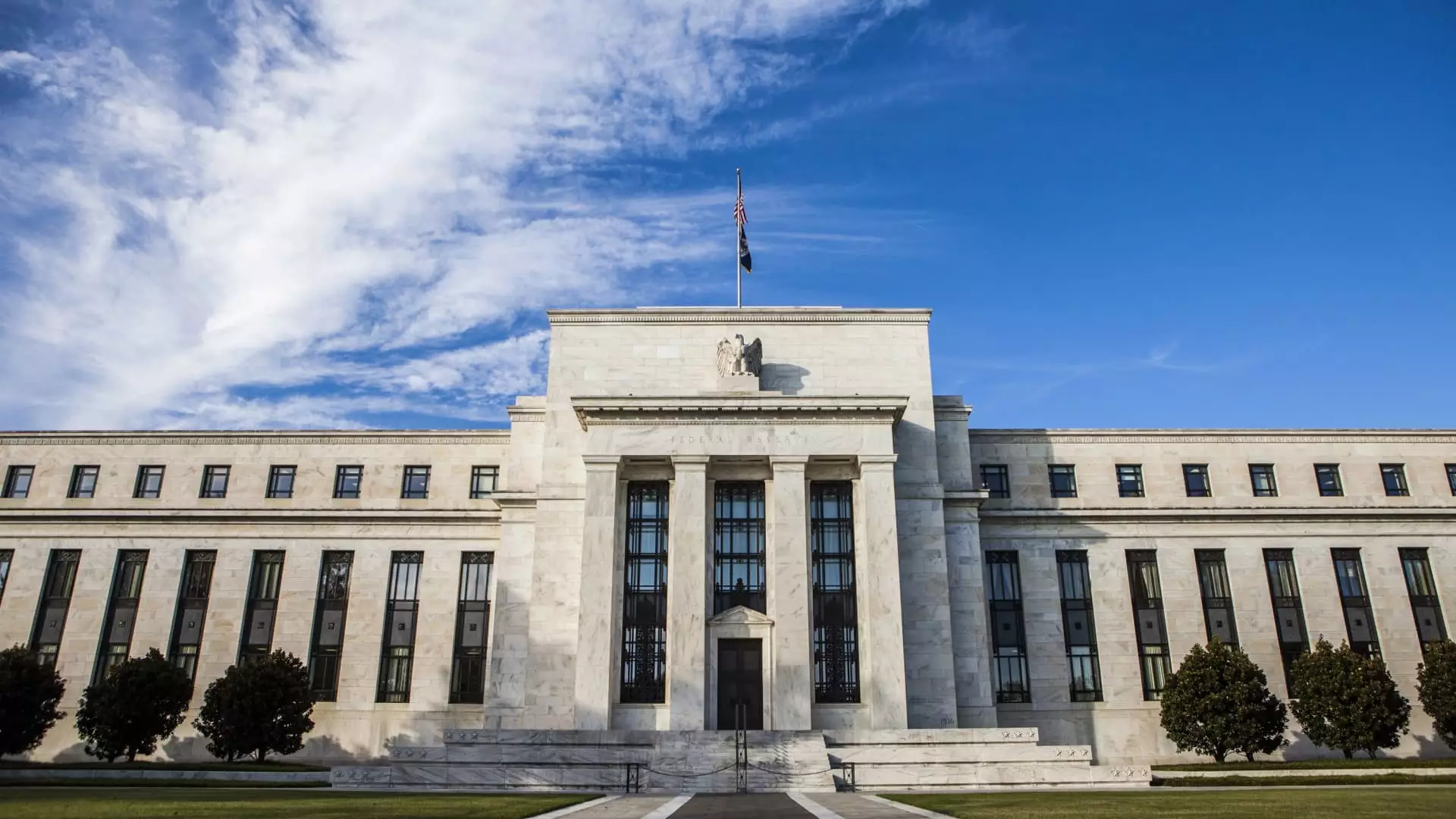In a significant move, a coalition of banks and financial organizations has initiated legal action against the Federal Reserve, targeting the annual stress testing procedures imposed on financial institutions. Key players in this lawsuit include the Bank Policy Institute (BPI), which represents some of the industry’s largest entities such as JPMorgan, Citigroup, and Goldman Sachs, alongside notable organizations like the American Bankers Association. This legal challenge stems from concerns that the current stress test process is riddled with ambiguity and has led to inconsistent capital requirements that hinder effective banking operations.
The plaintiffs assert that their objective is not to eliminate stress testing entirely, but rather to advocate for a more transparent and equitable process. They argue that the lack of public input in the stress testing framework violates federal law and has resulted in shifting requirements that adversely impact the banks’ ability to manage capital efficiently. By pushing for reforms, these organizations hope to ensure that the stress testing process not only holds banks accountable but also promotes a stable economic atmosphere conducive to growth.
In response to the mounting criticism, the Federal Reserve has acknowledged the need to reevaluate its stress testing regimen. The central bank announced its intent to seek public commentary on “significant changes” aimed at fostering transparency and reducing the fluctuations associated with capital buffer requirements. While this announcement appears to be a step in the right direction, it remains to be seen how impactful these proposed changes will be. The Fed has indicated that its revisions would not drastically alter the overall capital requirements, suggesting that the measures may not fully address the banks’ grievances.
Industry Reactions and Future Implications
BPI’s CEO Greg Baer has publicly expressed cautious optimism about the Fed’s forthcoming changes, viewing them as an initial stride toward enhanced accountability in the banking sector. However, Baer also signaled that his organization remains committed to exploring further avenues to ensure that reforms are not just superficial but lead to substantive improvements in the regulatory landscape. The ongoing dialogue between financial institutions and regulators is crucial, as it will influence the operational environment for banks and potentially reshape their lending capabilities.
As the legal proceedings unfold, the tension between the banking sector and regulatory authorities may usher in a transformative period for how bank capital is assessed and managed. The outcome of the lawsuit and subsequent Fed adjustments could pave the way for a more balanced relationship between regulatory demands and financial institution operations. If successful, these changes could not only provide clarity and fairness in stress testing but also foster an environment where financial institutions can support economic growth without unnecessarily restrictive capital frameworks. The future of banking regulations hangs in the balance, and the implications of this legal action may reach far beyond the courtroom, affecting the global financial system at large.


Leave a Reply